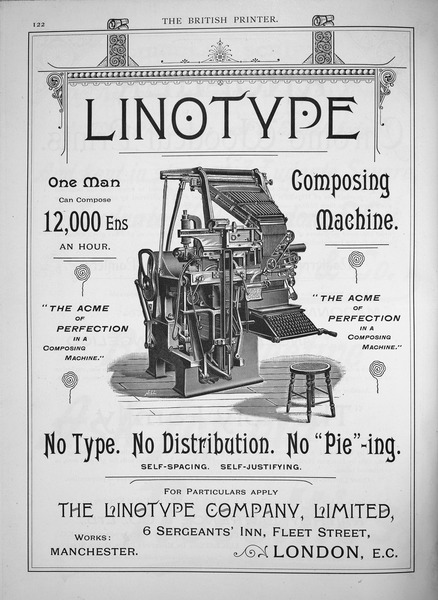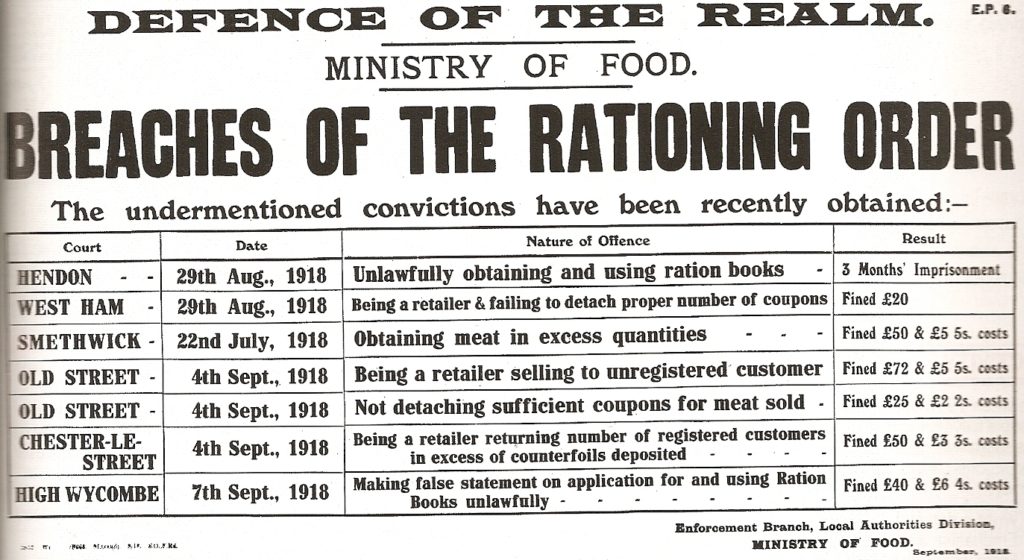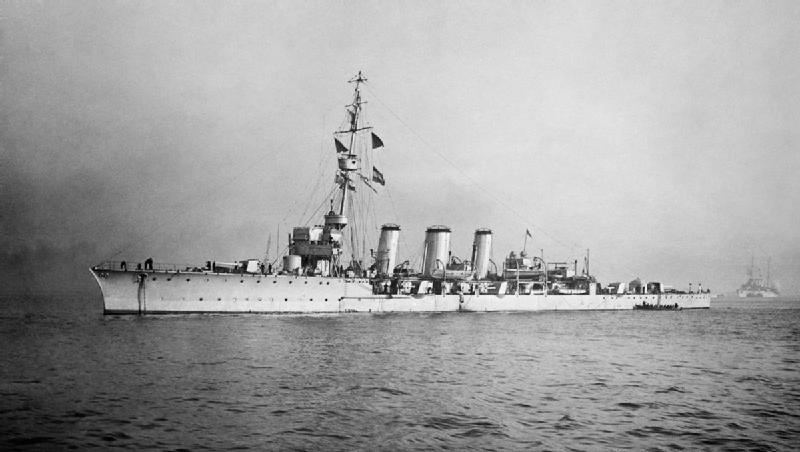
BERWICK ADVERITISER, 6 SEPTEMBER 1918
WAR NEWS
MILITARY MEDAL FOR TWEEDMOUTH SOLDIER

We extend our heartiest congratulations to Corpl. James Weddell, N.F., son of Mr and Mrs Weddell, 116 Main Street, Tweedmouth, on his having been awarded the Military Medal for bravery in the field in Italy.
The official record says: – “During a raid on the enemy trenches this N.C.O. led his section with great coolness and skill, materially assisting in bombing the enemy lines and dug-outs and bringing back prisoners.”
Corpl. Weddell, who in civil life was a fireman on the N.E. Railway, was a territorial prior to the war and was mobilised in 1914. He took part in the battle of St. Julien, and subsequent engagements and has been twice wounded. He was sent from France with the expeditionary force to Italy, and has seen some heavy fighting there. Corpl. Weddell has not had leave for a long time, but we understand it will be long before he is allowed a short respite from fighting, and will be able to spend a leave at his home.
BERWICK WAR CHARITIES WEEK
Thursday
GALA DAY IN THE CRICKET FIELD
SPLENDID PROGRAMME OF SPORTS, FOLLOWED BY SPECTACULAR EVENTS
SIR FRANCIS BLAKE PRESENTS PRIZES
Berwick Cricket Field, the scene of many a stirring encounter in the old days before the war, when the Athletic Festival was one of the events of the year, bore some semblance to its former glory on Thursday last, when under the auspices of Berwick War Charities Week a grand Athletic Festival and Carnival was held.
Beautiful weather favoured the event, and a very large and animated gathering was early in attendance and dotted in groups round the various side attractions set out round the field. One might reasonably say that all Berwick and its wife was there, and the holiday spirit was in the atmosphere.
On the old Hockey ground the “Aerial Railway or Suspension Wire,” which proved such an unbounded success at Scremerston, had been erected, and young and old, fair maidens, dark maidens, and maidens of uncertain age, along with the few specimens of the male sex remaining, were to be seen enjoying the flight through space.
A Fish Pond proved as usual a draw, and at this popular side show Miss Molly Cowen officiated in pleasing manner. Houp-la the modern method of legalised robbery, claimed its votaries, and Mrs Collingwood, Miss Walker, Miss and Master Collingwood, Miss Erskine and Miss Calder had a busy afternoon in attempting to satisfy their clients. Black Cat mascots were also sold during the day by Mrs Wm. R. McCreath and Miss McCreath. Away to the north side of the field the lusty voice of Mr Robertson, Ladyrig, Kelso, could be heard soliciting patronage for the exhilarating exercise of “ Downing the Kaiser,” and having a shot at “Old Aunt Sally.”
BERWICK TRIBUNALS
THE NEEDS OF NEWSPAPERS
Archd. F. Carstairs (39) grade 3 man, 66 Church Street, Berwick, newspaper machine man in the “Advertiser” Office, and also working with Mr Grieve, printer, was a case in which exemption was sought on the ground that if he was taken there would be no man left to print the newspaper, Carstairs at the present time being only a half-time man, and sharing his hours of labour between the “Advertiser” Office and Mr Grieve’s office.
The above case was taken along with that of Kerr Middlemiss (28) married, 52 West End, Tweedmouth, linotype operator, “Advertiser” Office, who also asked for a continuation of his expiring exemption. It was explained in the application that the office staff was so reduced that the charge of the lino’ machines depended on Middlemiss, who worked along with a lad who had not yet technical knowledge of the machines. It was pleaded in view of the importance which the Government attached to a newspapers that it was in the national interests Middlemiss should remain.

In answer to Mr Herriot it was explained by Mr H.S. Hamilton, Editor and Manager of the “Advertiser,” that Carstairs had only been a short time in the employ of the firm. They were exceedingly fortunate in getting him on the last machine man leaving. Although he served his time in the “Advertiser” Mr Grieve had a prior claim to his services, and at present Carstairs divided his time between the two offices.
The national Service Representative said that in view of Carstairs grade and his occupation he did not oppose the claim for exemption.
It was agreed to allow three months’ exemption.
Consideration was then given to the case of Middlemiss, and the National Service Representative stated that his information was that this man, although he had received notification to be further medically examined on 4th June, had not reported himself. Middlemiss had since received further notice on 6th August to report himself.
Mr Hamilton stated that as one who was in daily communication with Middlemiss he was quite convinced that no call to present himself had reached him. There was not the slightest objection on the part of Middlemiss to be examined; he was positive the call to report himself had never reached Middelmiss. Mr Hamilton also explained that Middlemiss was a volunteer, and while he could not say that he was technically efficient he knew he was a very good shot.
The National Service Representative – I am perfectly aware such mistakes have occurred in many instances, and in such circumstances agree that Middlemiss should now report himself for medical examination.
It was then agreed to adjourn for further medical examination.
LOCAL NEWS
It will be remembered that Mr John Bishop got up a subscription some time ago for a skeleton for the use of the V.A.D.’s. He had the brilliant idea of making a sideshow of it at the War Relics Exhibition, and advertised it as “the thinnest man in Berwick – a result of rations.” One visitor, we hear, ungrasped his cash, and marched in, and saw only a tall, aristocratic figure, with his hat slightly on one side, who seemed to be saying, “Pass me not, pass me not!” The subscriber suspecting nothing, marched out again, and said at any rate he had done his duty.
Mr and Mrs Alexander McLeman celebrated their golden wedding on September 1st having been married on September 1st,1868, at the Parish Church, Ayton. Mr McLeman was well known on the Borders, where he was in business as a saddler in Castlegate, Berwick, 20 years ago. The old couple enjoy good health and have a family of nine, three daughters and six sons – John, Robert, Lons, David, on active service in France; William on National War Work; and Alexander, jr., in business as a saddler in Gateshead, holding Government contracts for saddlery, 26 grandchildren, three grandsons on active service; one grandson, James McLeman, killed in action while serving with Berwick Company of N.F.’s. Their present address is 50 Sunderland Road, Gateshead, where they have received many congratulations.
In view of the coming shortage of coal many people in country districts will go back to the moors for peat, which at one time was quite commonly burnt on the Borders. It has a most pleasant and characteristic smell, and is to be found in North Northumberland and in the Ford, Barmoor and low lying ground in the fen and hill districts. It is also found in Berwickshire at Gordon and Greenlaw, and practically the whole of the Lammermoor district.

The peat burns brightly as long as no pot is put on it to press it down. For cooking, pots and pans are suspended from a “sway” or “swee,” an iron arm on a swivel, which is built into the fireplace. Many of the old fireplaces in the town of Berwick have these and we remember seeing one in excellent preservation when a new fireplace was being put in and a large ingle nook discovered in the “Hen and Chickens” Sandgate.
SPECIAL CINEMA ENTERTAINMENT
A special programme of pictures was screened at the Queen’s Rooms, on Saturday, at both houses. The hall is entirely under new management, who have made their debut at Berwick in a right worthy manner by giving the entire proceeds of both entertainments to the War Charity Week Funds. The entertainments were arranged by Mrs P. Cowe, and Mr J. Strachan, Conveners for Monday, assisted by Nurse Anthoney, Convener for Saturday of War Charity Week. At both houses Mr Wilson, the Sheriff, thanked the management in the name of the Committee and said they were deeply indebted for their generosity. He announced that the sum of £9 5s had been raised, which would go to swell the grand total. Mr Cooper replied in the name of Mr A. Lindsay, one of the partners of the new firm, and a nephew of the late Mr Mather. The management have also kindly lent the hall for this afternoon’s entertainment (Thursday) when the Waxworks and Concert will be repeated. We wish the new firm every success.







